Private Customers
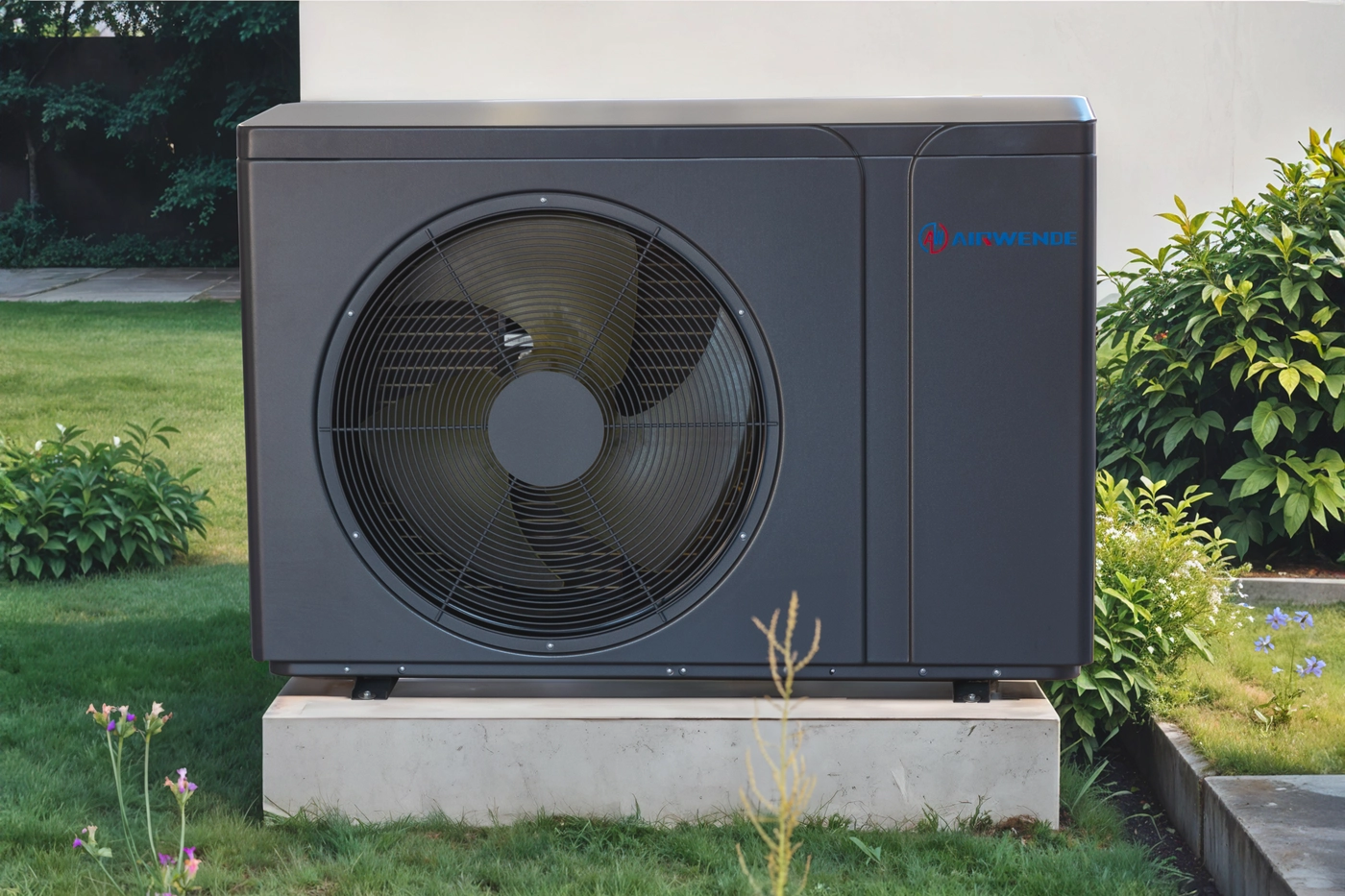
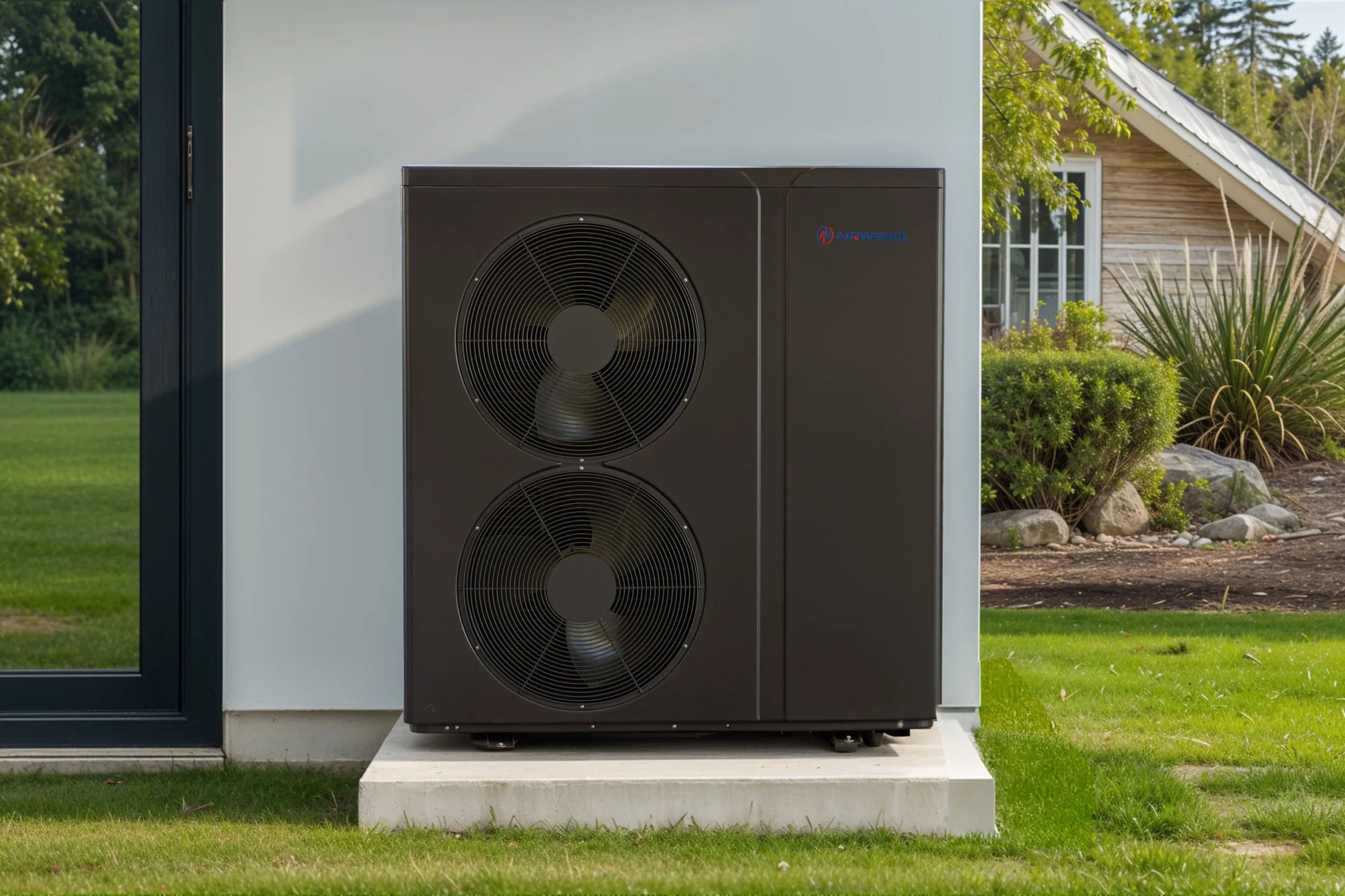
Heat pumps are not only an innovative solution for environmentally friendly heating but also a smart financial decision. At Airwende Environmental Technology, we not only support you in purchasing your heat pump by utilizing various funding programs but also help you save heating costs year after year. By choosing a heat pump, you also make a valuable contribution to environmental protection.
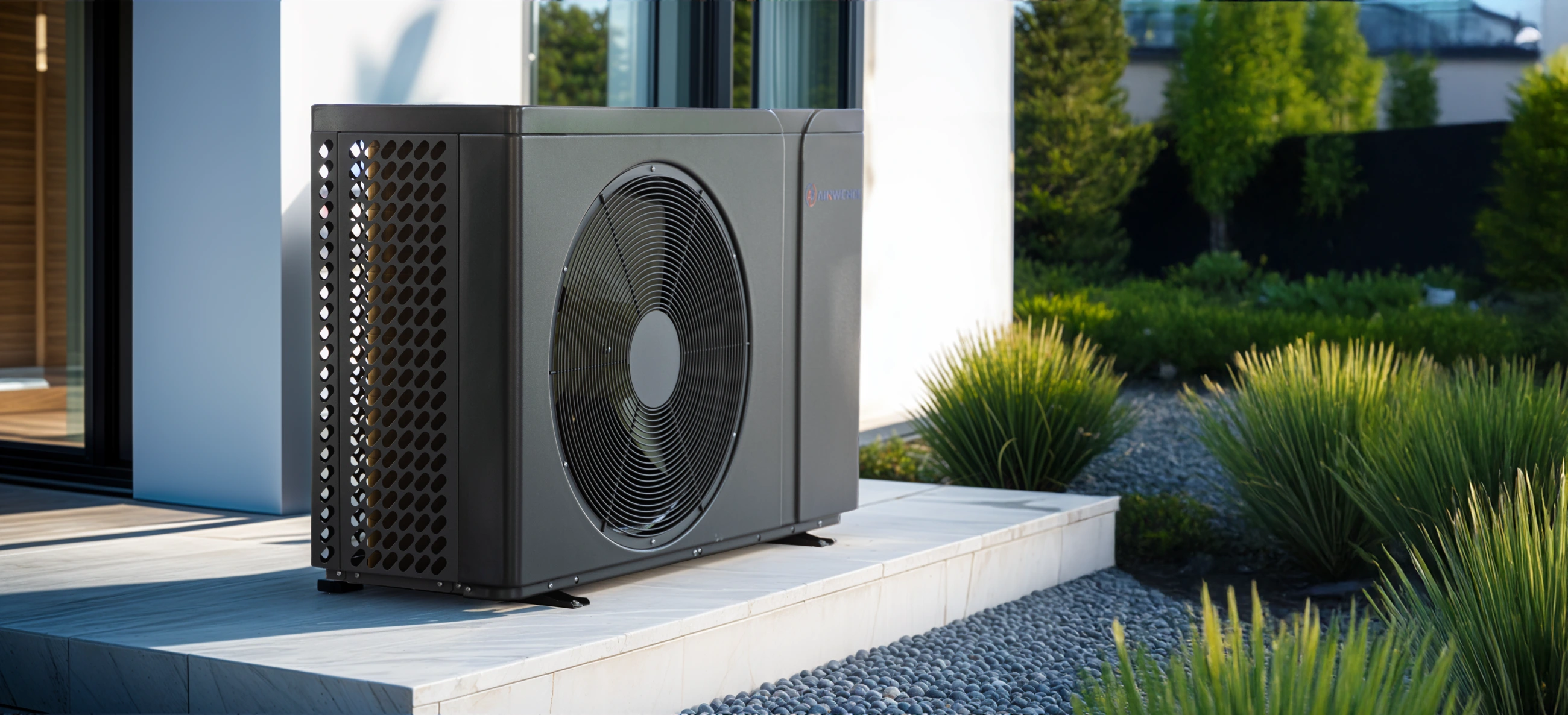
Now the new phase of promotion begins
BEG subsidy for heat pumps: extension to the housing industry and single-family homes
The federal subsidy for efficient buildings (BEG) will be extended from the end of August 2024. The housing industry and private owners of single-family homes can now also apply for subsidies for energy-efficient heating systems, particularly heat pumps. The subsidy applies to owner-occupied and rented flats as well as commercially used properties.
In addition to the funding, there are also favourable loans for private and commercial applicants.
Funding programmes in 2025
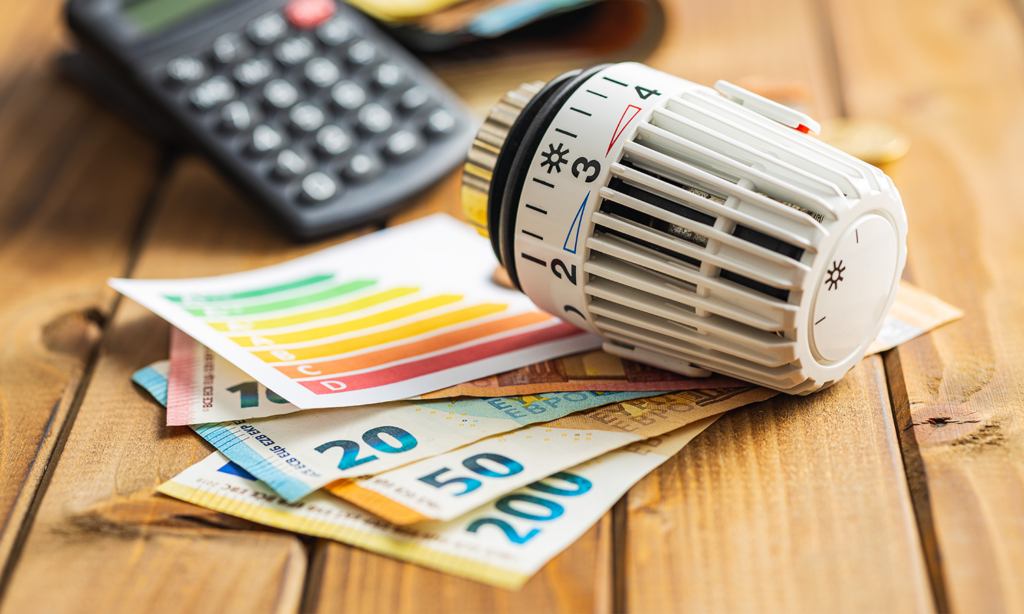
The Market Incentive Programme (MAP) in Germany offers financial support for the installation of heat pumps with a subsidy of up to 70 percent of the eligible costs to facilitate the switch to this energy-efficient heating technology.
Regional funding programmes
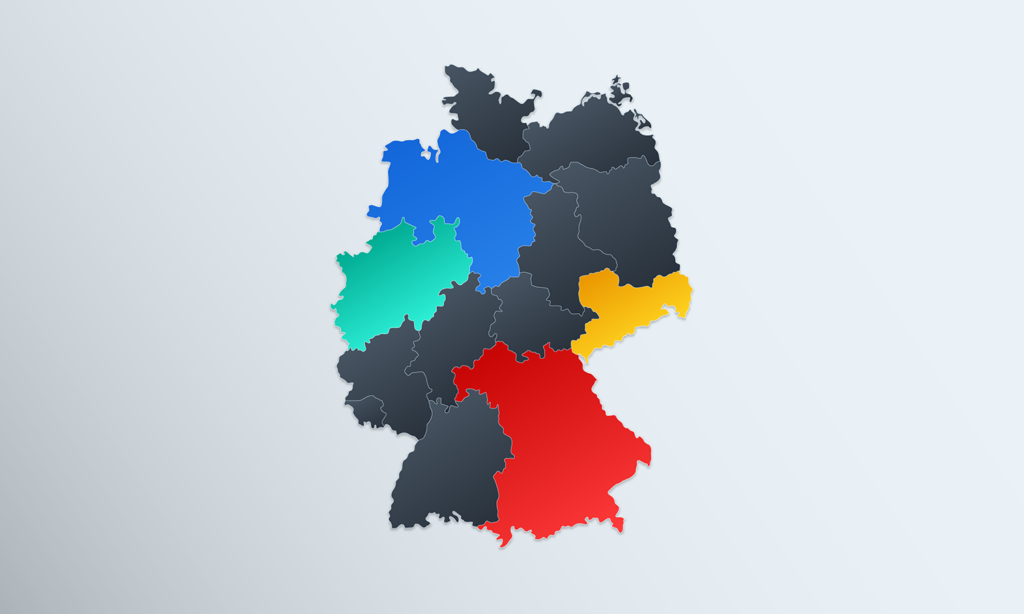
In addition to nationwide programmes such as the Market Incentive Programme (MAP), there are also regional funding programmes for heat pumps in Germany, which offer specific financial support or additional incentives depending on the federal state or local authority in order to promote the use of heat pumps in the region.


Tips and tricks for an easy application for heat pump support
Airwende Umwelttechnik GmbH from Berlin supports homeowners in applying for subsidies for the installation of a heat pump. The company assists customers with the entire application process and supports them until the subsidies are paid out.
The experts at Airwende Umwelttechnik provide their customers with advice and support at every stage. With this all-round carefree package, the company makes it easier to decide in favour of a climate-friendly heat pump and helps more households to benefit from state subsidies.
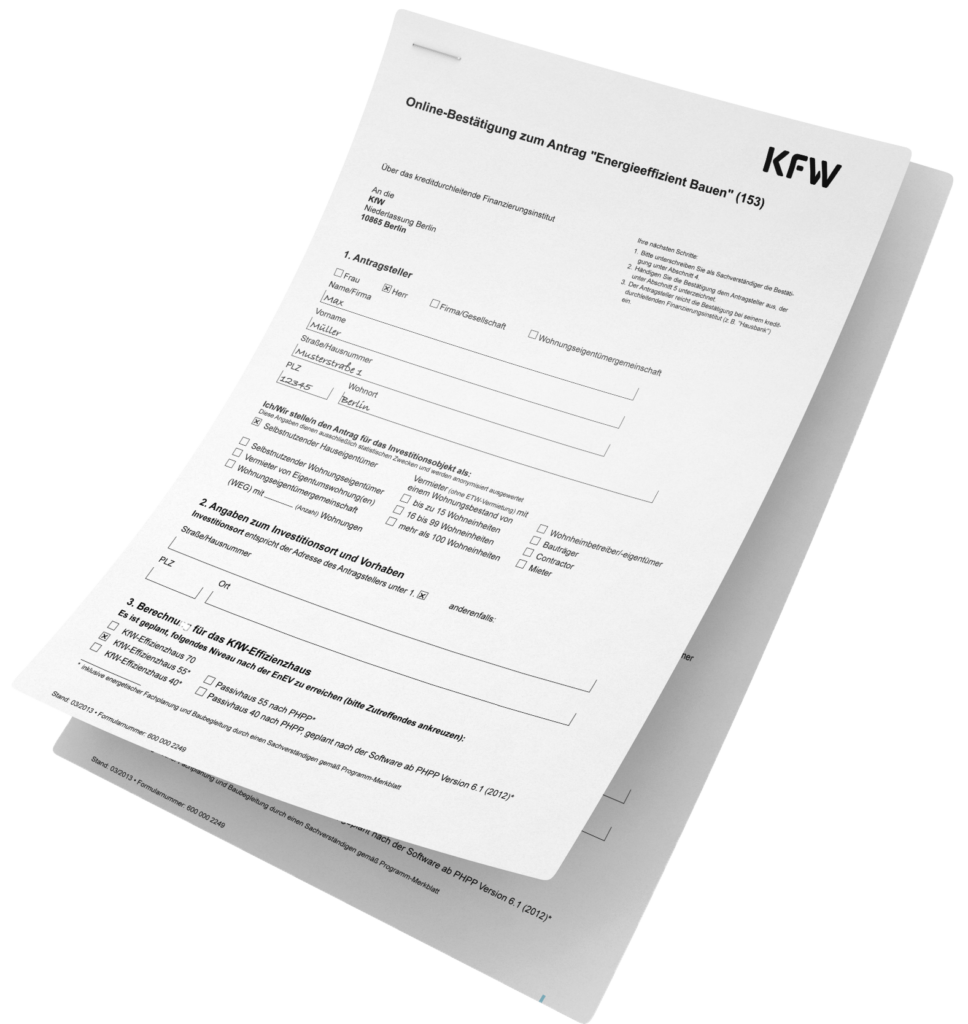
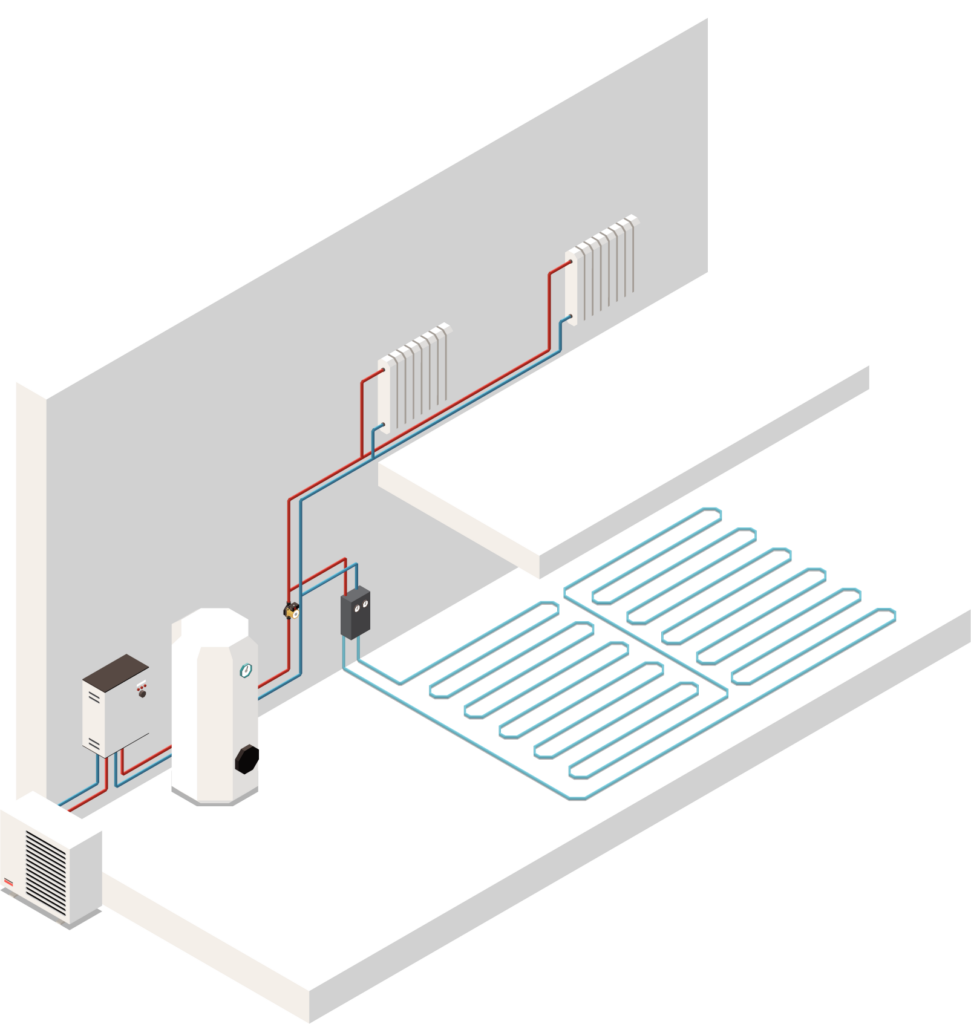
How do heat pumps work?
A heat pump draws thermal energy from the environment, such as air, water or earth, and uses it to heat buildings. It works by vaporising a special refrigerant, the vapour of which is compressed by a compressor, increasing its temperature. This heat is then released into the house's heating system, while the refrigerant is liquefied again and the cycle begins anew. In this way, a heat pump can generate heat efficiently without relying directly on fossil fuels.
Frequently asked questions (FAQ)
Are the subsidies for heat pumps limited?
Yes, subsidies are often limited and are awarded on a first-come, first-served basis. KfW and federal subsidies are based on the availability of federal funds. There is no guarantee that funds will always be available. Maximum funding can be up to 70% of costs, with a cap on eligible expenses that varies by property type. Given these limitations, interested parties should hurry to secure funding before it is exhausted.
What types of heat pumps are there?
- Air-to-water heat pump
- Brine-to-water heat pump (geothermal heat)
- Water-to-water heat pump
- Air-to-air heat pump
Can I save heating costs with a heat pump and if so, how much?
Yes, the high efficiency of heat pumps can save heating costs, often up to 50% compared to conventional heating systems.
What are the advantages of a heat pump over conventional heating systems?
- Lower operating costs
- Environmentally friendly through the use of renewable energy sources
- Versatility (heating and cooling)
- Long service life and low maintenance
How efficient are heat pumps compared to gas or oil heating systems?
Heat pumps have a higher efficiency, often with an annual coefficient of performance (COP) of over 3, which means that they supply more energy as heat than they consume in the form of electricity.
Can heat pumps also be used to cool buildings?
Yes, air-to-water and brine-to-water heat pumps in particular can be used for cooling in summer.
How does the installation of a heat pump affect the value of my property?
In general, installing a heat pump can increase the value of a property as it improves energy efficiency.
Do heat pumps require regular maintenance?
Yes, but the maintenance costs are lower than for fossil-fuelled heating systems. An annual inspection by a specialist is recommended.
How environmentally friendly are heat pumps?
Very environmentally friendly, as they mainly use renewable energy sources and emit significantly less CO2 than conventional heating systems.
Can heat pumps be combined with photovoltaic systems?
Yes, this combination is ideal for further reducing operating costs and increasing environmental friendliness.
How long is the service life of a heat pump?
The service life of a heat pump is generally 15 to 20 years, depending on the model and maintenance.
How loud are heat pumps in operation?
Modern heat pumps are relatively quiet, but can vary depending on the model and operating mode. The noise level is often similar to a quiet room fan.
How does the outside temperature affect the efficiency of a heat pump?
Efficiency can drop at very low outside temperatures, but modern heat pumps are increasingly able to work efficiently even in colder weather.
Where can I find reliable suppliers and installers for heat pumps?
When you buy a heat pump, we can put you in touch with an expert installer from your region. This ensures that you find qualified and experienced specialists for your project.


